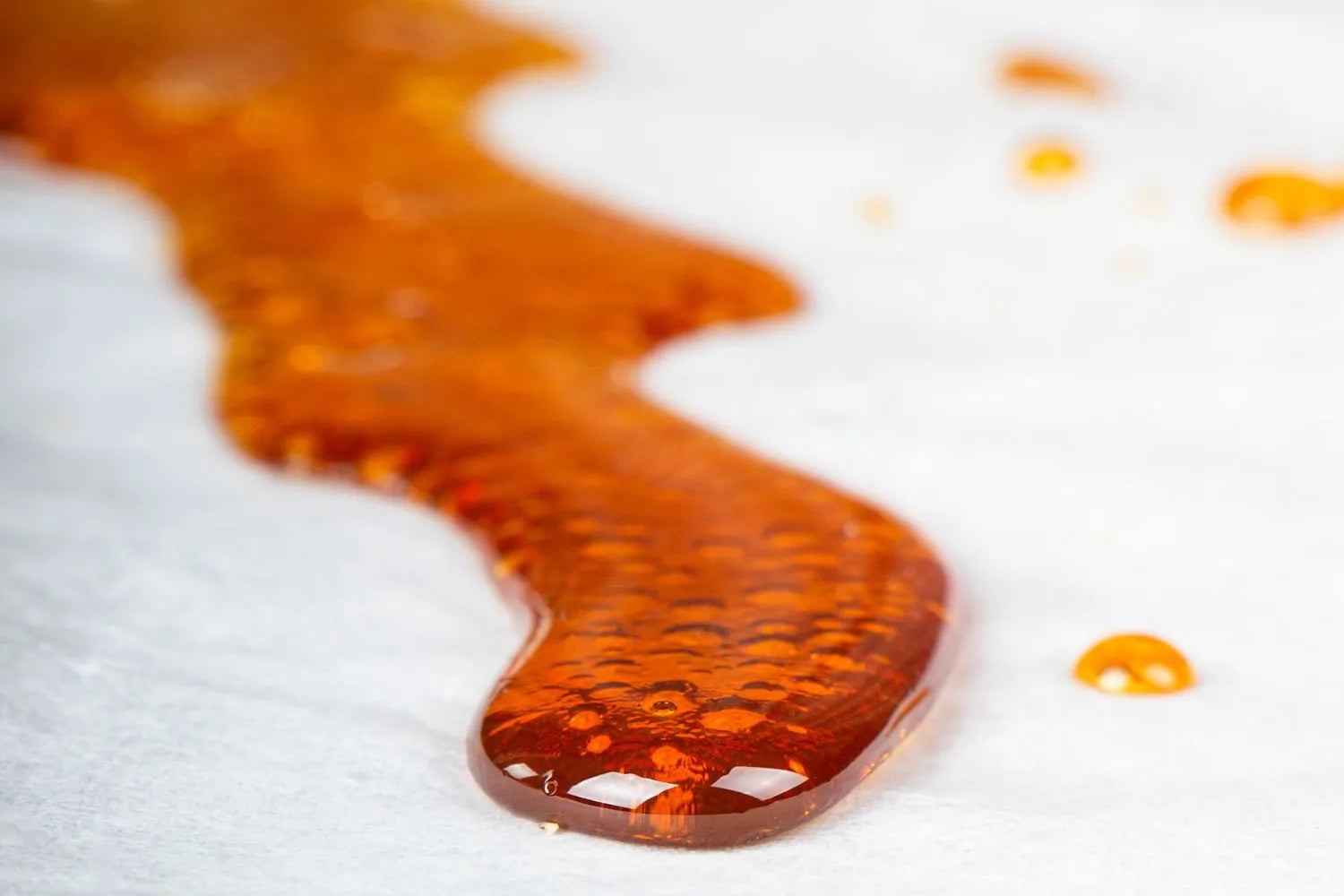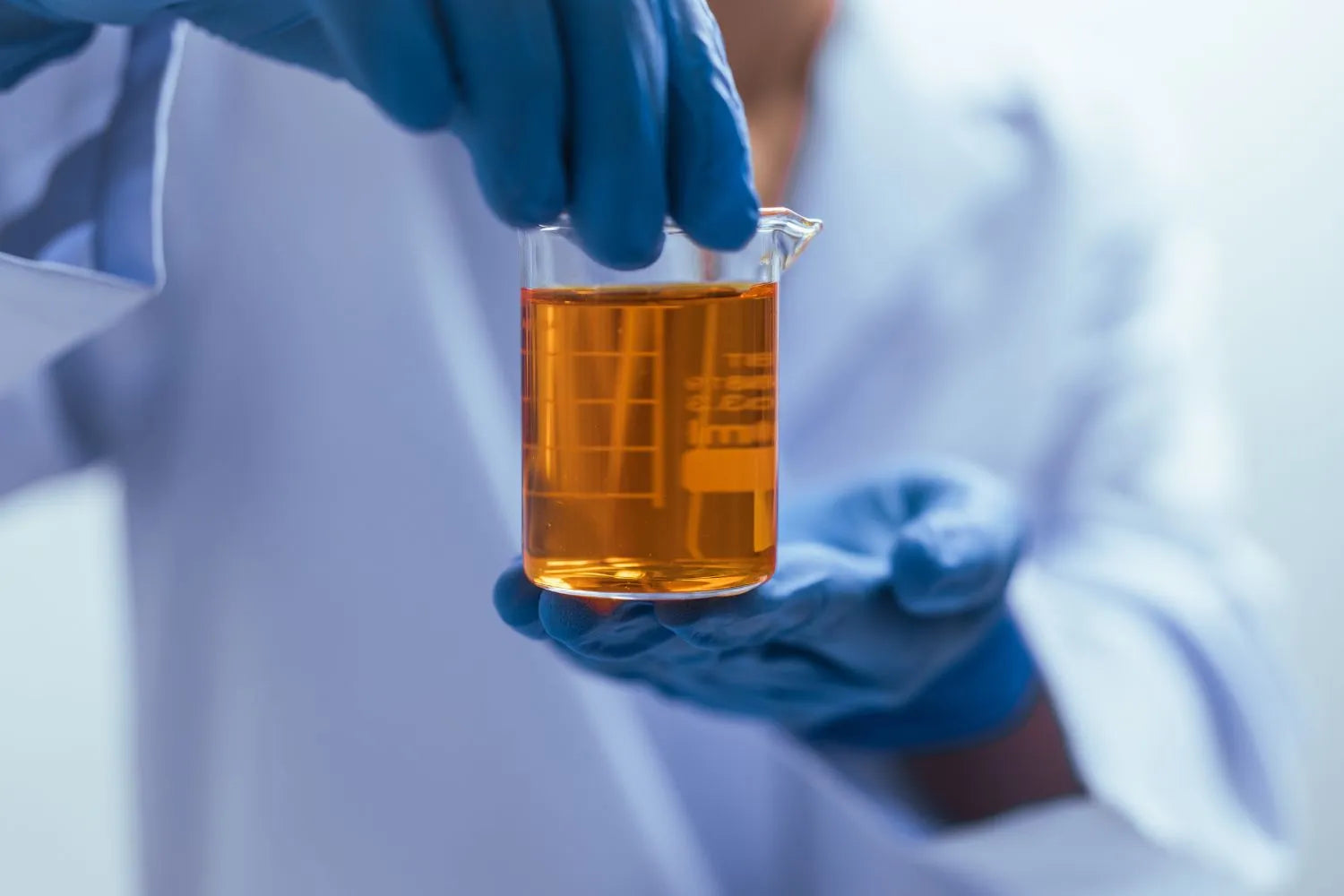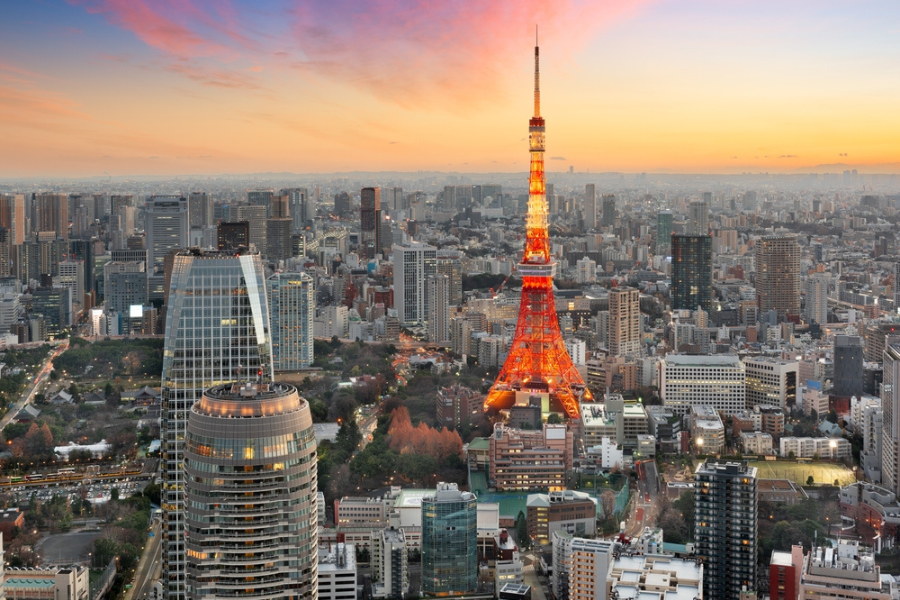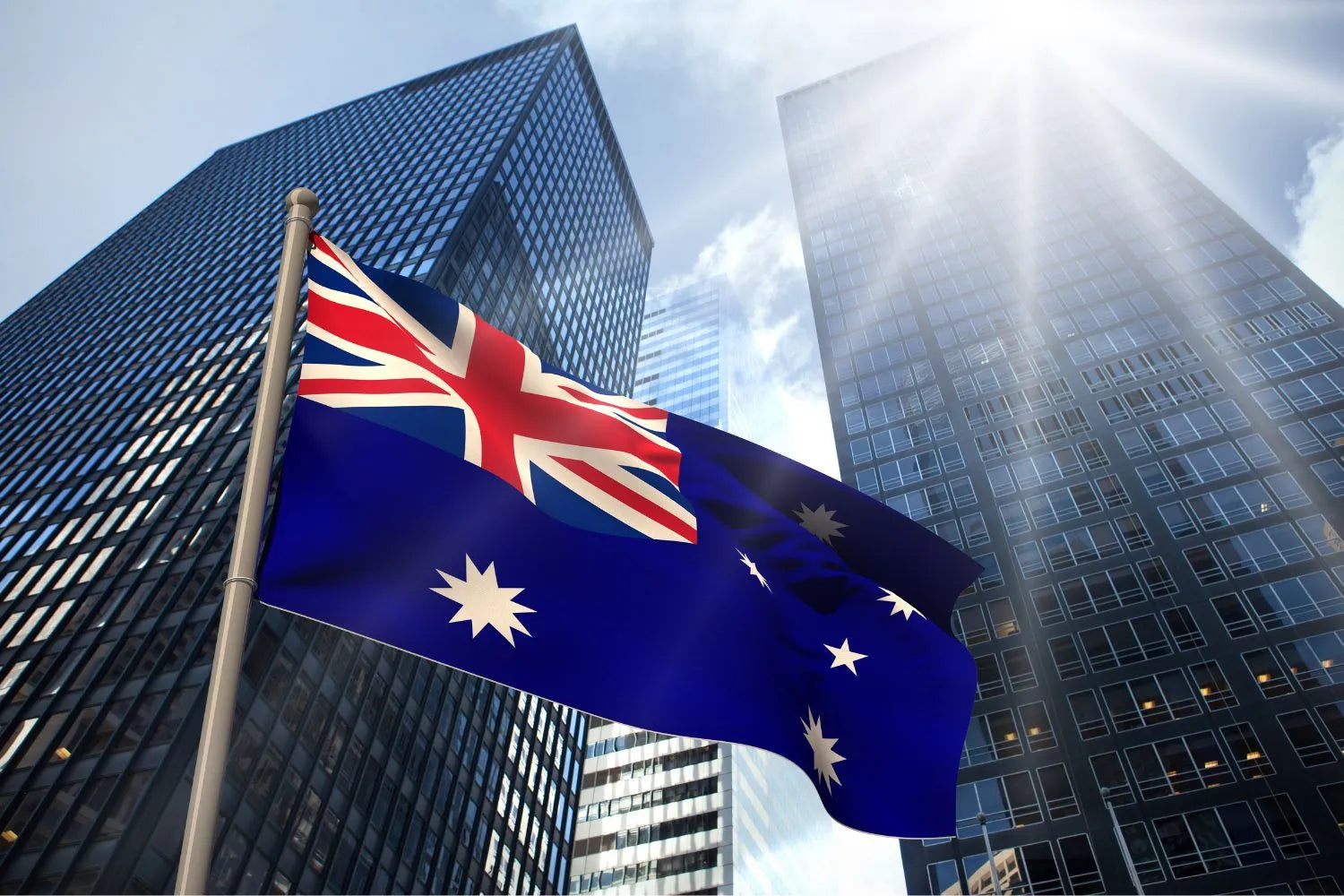The laws on cannabinoids in Australia differ from the U.S. Although access to CBD is becoming more accepted by legislators worldwide, it's still illegal in most countries.
However, as laws and regulations in Australia developed over the decades, their stance on CBD and other cannabis products gradually shifted.
Nonetheless, individuals who wish to manufacture, sell, import, or purchase CBD in Australia will have to overcome several legal and administrative roadblocks.
Let's take a look at cannabis laws in Australia to see what - if anything - that market has to offer.
Are Cannabinoids Legal in Australia?
Yes, cannabinoids are legal in Australia, but to a limited degree. Cannabis plant products are accessible as medicinal cannabis (as of 2016), only available through medical professionals (a Special Access Scheme). Individuals can also access therapeutic goods through a medicinal cannabis product Authorised Prescriber (AP).
Unlike the U.S.A., Australia has no equivalent to the 2018 Farm Bill, although recent changes were supposed to make low-dose cannabidiol products easily accessible - more on that later.
The Australian Capital Territory (ACT) government amended its cannabis restrictions. Although they didn't fully legalize cannabis plant products or extracts, Australia - even during prohibition - felt a punitive approach to drug use wasn't effective.
They opted for decriminalization, allowing individuals over 18 up to 50g of cannabis flower. They can also grow two live plants. All growing and consumption has to be done at home.
Other infractions and restrictions are intended to keep children safe, prevent accidents, and limit growing capability.
The government's stated reason for decriminalization is as follows:
"We know people in the ACT use cannabis. We want to encourage people to get the support they need through our health system and not be forced through the justice system. Our health services are here to support you."
History of Cannabis and Cannabis Laws in Australia
Australia's history with the "hemp" cannabis cultivar mirrors that of the U.S. in many ways. Both governments were heavily reliant on hemp and its derivatives. However, their paths eventually diverged after a similar turbulent history with cannabis.
Introduction to Australia
Cannabis' history in Australia dates back to 1788, when Sir Joseph Banks landed in Botany Bay with supplies, including hemp seeds.
However, cannabis had a different relationship with Australia's colonizers, the British Government.
Not only was the hemp cultivar legal, it was mandatory. In the 16th century, King Henry VIII ordered all farmers to produce a minimum hemp quota. His successor, Elizabeth I, further increased that benchmark.
Hemp was arguably one of Europe's most valuable (and thankfully renewable) resources. Clothing, textiles, and animal feed were a few of the critical uses many governments had for hemp.
Sir Joseph Banks intended to take advantage of the fresh territory by growing hemp. Some historians believe (although the evidence is in dispute) that Britain originally intended to turn Australia into a massive hemp producer - something they intended to do in the U.S. before the revolution.
The Seeds of Prohibition
Until the 1925 Geneva Convention on Opium and Other Drugs, cannabis wasn't a blip on the ACT's radar. However, cannabis eventually ended up in the "other drugs" category. Consequently, the League of Nations recognized cannabis as equal to heroin and cocaine.
Reefer Madness and American Influence
After the 1910 Mexican Revolution, migrants from Mexico settled in the United States. Xenophobia was a serious issue, which only became worse during the Great Depression.
The U.S. government needed a scapegoat, so they created a false narrative. The Federal Bureau of Narcotics was established in 1930 under the command of Henry Anslinger, who linked cannabis use with minorities.
Anslinger claimed that cannabis was dangerous to your health and led people of color (specifically Hispanic and African American) to commit violent crimes. It was presented as a substance that pushes consumers to the brink of sanity - and the public accepted it.
The Marijuana Tax Act of 1937 quickly followed, marking the final nail in cannabis' coffin.
By 1938, Australians heard the term "marijuana," a word rooted in racism against the abovementioned groups.
Eventually, Australia's Director of General Health learned about the drug. But rather than rely on experts and clinical trials (or any studies), the government banned cannabis based on an emerging media frenzy.
Two Directions
Fortunately for Australians, the 1960s and 70s were brighter in the cannabis arena. While the U.S. elected Richard Nixon and, by proxy, the War on Drugs, Australia's Labour Party won the ballot in 1972.
The Labour Party implemented many progressive policies, including decriminalizing cannabis (with liberties expanded by the ACT in 2020).
Australia also differed in its attitude toward cannabis. While the U.S. continues to treat cannabis as a criminal issue, Australia's move in 1972 redirected it to a medical approach. As a result, they focused on rehabilitation over punishment.
As a result, cannabis-related incarcerations plummeted to unprecedentedly low levels.
Steps to Legalization
In 2016, Australia treated cannabis as a prescription medicine for some, giving people access to the products for issues like severe childhood epilepsy, chronic pain, inflammation, nausea, insomnia, and more. Having medicinal cannabis regulated by the government ensured a degree of customizability and safety.
As of the writing of this article, medical cannabis products remain available to eligible individuals in Australia.
This was a monumental step forward for those seeking cannabis for therapeutic purposes. Recreational users weren't as lucky, but a set of future legislative changes made their lives much easier.
The ACT Reforms of 2020
Again, the ACT government further expanded decriminalization in 2020, giving any legal adults the freedom to consume with a few (arguably light) restrictions.
In December of that same year, Australia's Therapeutic Goods Administration (TGA) amended their Therapeutic Goods Act to downschedule low-dose CBD from strictly a prescription medicine to over-the-counter. This allowed adults to purchase low-dose CBD oil (up to 150 mg/day) at a pharmacy without a prescription.
Although low-dose cannabidiol is accessible without legal consequences, it's still tightly regulated. CBD oils need to be listed on the Australian Register of Therapeutic Goods.
The current restrictions are so tight that it makes the manufacture, approval, and sale of CBD nearly impossible. It's so complicated that, to date, no legal over-the-counter CBD products exist.
Additionally, individuals who need higher-dose CBD products have to look outside the legal market.
As of the writing of this article, Australia has yet to legalize recreational use. But if Canada and some U.S. states are any indication, it's likely cannabis will soon be legal.
Which Cannabinoids Are Legal in Australia?
All cannabinoids are legal in Australia as long as individuals get medical cannabis through an authorized prescriber scheme.
Again, a 2020 amendment made it legal to purchase low-dose CBD oil in Australia, taking it off their list of prescription medicines. Still, the products are as tightly regulated as medical cannabis, with strict advertising and packaging restrictions that so far prevented any products from hitting pharmacy shelves.
THC remains illegal, but the rather generous decriminalization rules have all but legalized it.
Is CBD Legal in Australia?
Yes, you can buy CBD oil in Australia through a medical cannabis program. Non-prescription CBD oil is legally allowed at lower concentrations.
The Therapeutic Goods Administration schedules medical cannabis products depending on their cannabinoid content. Non-prescription CBD must contain 98% CBD and no more than 2% "other cannabinoids."
Is CBN Legal in Australia?
No, cannabinol (CBN) is not legal in Australia, except by prescription (if such medical products exist yet). While the cannabinoid hasn't explicitly been banned, it falls under "other cannabinoids," as stated by the TGA. Consequently, a non-CBD cannabinoid like CBN can't be sold without a prescription, let alone in any meaningful therapeutic amount.
Is CBG Legal in Australia?
The situation with cannabigerol (CBG) is identical to CBN. Despite having no intoxicating effects, the product isn't available over the counter.
However, some CBG products might be available by prescription.
Is THC Legal in Australia?
No, THC is not legal in Australia without obtaining it through a Special Access Scheme or Authorised Prescriber.
Still, the ACT amendment ensured that individuals over 18 have a lot of leeway regarding possession and cultivation.
Are There CBD Manufacturers in Australia?
Yes, there are CBD manufacturers in Australia. They function similarly to the unregulated CBD market in the United States.
But unlike in the U.S., Australian CBD products don't have an equivalent of the American 2018 Farm Bill to protect them. Consequently, they operate outside the law.
Can You Import CBD into Australia?
According to the Australian Office of Drug Control (ODC), CBD hasn't been approved for import. Ironically, THC is the only cannabinoid that can be imported, but with a license from the ODC. While the license covers 12 months. A shipment permit is required for each delivery.
These products are also only allowed for specific uses. The exact list, as written by the ODC, is as follows:
- Authorised Prescriber (AP) Scheme
- Special Access Scheme (SAS)
- Clinical Trials
- Animal Studies
- Laboratory or analytical testing
- Cultivation under an ODC Medicinal Cannabis Permit.
What is the Market Potential of CBD and Cannabinoids in Australia?
The Australian legal cannabis market is showing promising growth, with an estimated value of nearly U.S. $200 million by the end of 2023.
At a predicted annual growth rate of nearly 15%, the value will nearly double, reaching U.S. $ 389 million.
While this is a drop in the bucket compared to the U.S. and its $11.3 billion market, CBD may still have a bright future in Australia.





